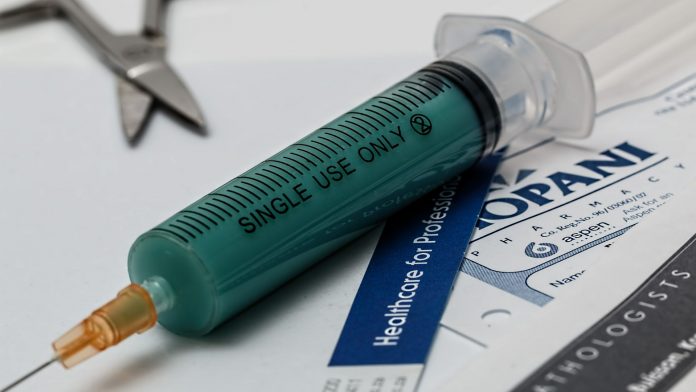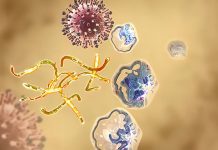
To aid malaria research, a new process from the University of Tubingen, Germany, has been tested whereby individuals are infected with malaria to help understand the body’s natural immunity to the disease.
Scientists conducting malaria research at the Institute of Tropical Medicine of the University of Tubingen, have developed an infection system that focuses on humans being directly infected with parasites in a controlled environment.
This method, which has been successful in Africa, aims to help investigate the naturally acquired immunity to malaria and the effect of the sickle cell gene. Carriers of the gene are known to have a natural resistance to malaria and develop severe malaria less frequently.
Understanding the underlying mechanisms
To investigate the mechanisms of the natural resistance to sickle cell disease and immunity to malaria, researchers used the controlled human malaria infection system developed by the teams at Tubingen and Sanaria in a study in Gabon, Central Africa.
The volunteers were given one dose of Sanaria® PfSPZ Challenge, which contains the malaria parasite Plasmodium falciparum.
The research team was then able to examine the infection rates and symptoms of adults both with and without the sickle cell gene.
“People who are repeatedly infected with malaria parasites can acquire immunity to the disease. This is well known,” Professor Peter Kremsner, director of the Institute for Tropical Medicine in Tubingen, said. “However, the understanding of the underlying mechanisms is still incomplete.”
What was injected?
A total of 11 semi-immune Gabonese people with normal haemoglobin and nine semi-immune Gabonese people with the sickle cell gene were injected with malaria parasites.
In addition, five European non-immune controls with normal haemoglobin received one dose.
Following a 28-day observation period involving frequent blood samples, at the end of the study all volunteers received malaria medication to combat the infection.
What did the results tell us?
The study found that those with a naturally acquired immunity to malaria prolonged the time to the onset of parasites in the blood. The volunteers either fell ill later or didn’t fall ill at all.
Volunteers with the sickle cell gene had an even more delayed time. Fewer malaria cases were found in those with the sickle cell gene.
Dr Bertrand Lell, director of CERMEL, concluded: “The study results provide new insights into how naturally acquired immunity to malaria works.
“The findings provide us an approach to investigating the mechanisms by which naturally acquired immunity and sickle cell trait reduce the impact of malaria and developing interventions like vaccines that mimic them.”























